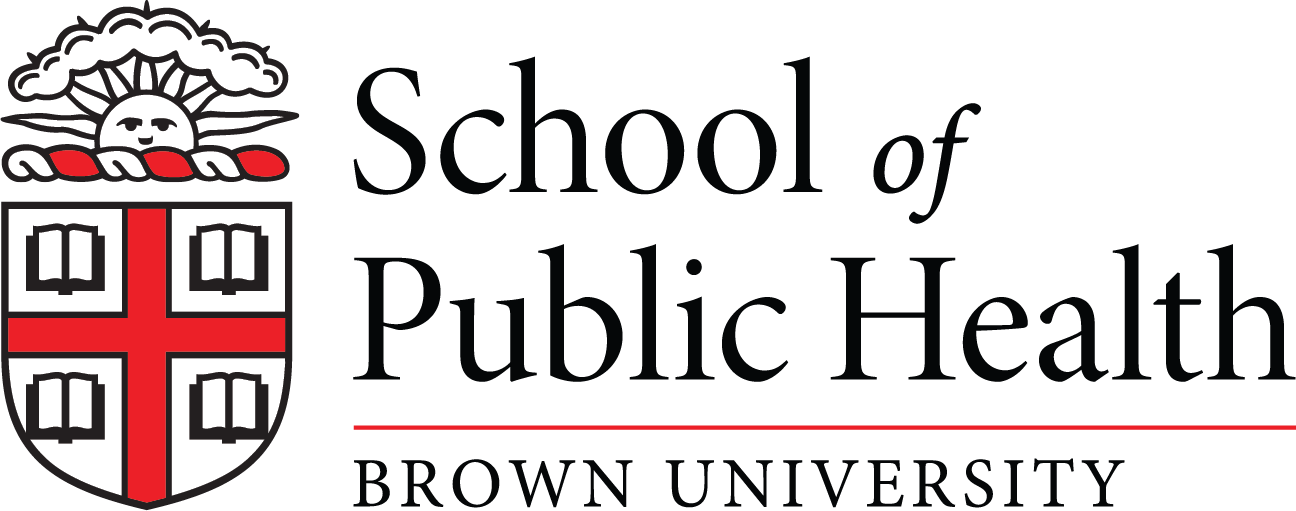PROVIDENCE, RI – “Can someone help me make sense of my lease?” – “How do I avoid bad landlords?” – “Who takes section 8 Housing Vouchers so my child and I can get off the streets?” Across online platforms such as Reddit, Facebook and Nextdoor, Rhode Islanders are discussing their most pressing questions and concerns. Over the past year, a significant number of these conversations were devoted to the housing crisis, a team of students at Brown University’s Information Futures Lab (IFL) found – and often, people’s questions revealed information gaps and inequities that can weaken Rhode Island’s housing crisis response efforts.
“It was really striking to discover the gap between the important questions people are asking on social media, for example wondering if they are eligible for rent support, and the confusing answers available online”, said Akshita Singh, MPH ‘24.
“Amidst record homelessness and rising housing costs, you can see how people are struggling to understand and access resources”, added Tzion Jones, MPA ‘24. “It was also visible how hard it has become to consistently provide accessible information to diverse residents in our distributed information ecosystems.”
As part of the IFL’s The Information Project (TIP), a team of 14 Brown undergraduate, graduate and PhD students worked together over the past 10 months to learn how to identify, research and respond to the information needs of Rhode Island residents. Their research quickly led them to a high volume of housing-related conversations and questions online, and to recognizing a critical need for more accessible information on the topic.
To test innovative ways to address some of the identified gaps, the students developed a series of communication products including:
- an easy to understand primer on “How to read a lease” in English and Spanish
- a tipsheet on “How to spot AI Housing Scams” and
- a set of interactive forms that help people find out quickly if they qualify for housing support.
The IFL report “Navigating the Housing Crisis in Rhode Island: Information Challenges Facing Rhode Islanders” as well as the student projects are now available on the TIP Rhode Island website https://sites.brown.edu/tip/.
Training students to become part of the solution
“Between outdated communications practices, misleading information and a chaotic information landscape, it has become a lot harder for people to access the information they need, especially when they are facing a crisis”, said Stefanie Friedhoff, Professor of the Practice at Brown’s School of Public Health and co-founder of the Information Futures Lab.
It is often community-based organizations that people turn to for help with urgent information needs. “These organizations are providing vital support to residents – but may not have the additional capacity or training to navigate low-trust, weaponized information spaces,” said IFL co-founder Claire Wardle.
The idea behind TIP Rhode Island is that the Information Futures Lab and Brown students can become part of the solution to these information challenges.
“While information alone obviously can’t fix systemic challenges such as lack of housing stock, spiking prices and widening income gaps, providing access to reliable, accurate, accessible information from trusted sources can be a starting point to improved outcomes,” said Professor Friedhoff.
If rent support applications are too complex to make sense of them, for example, some people may be unable to get the financial support and end up with an eviction. If people don’t know their rights when a landlord fails to address unhealthy housing conditions, they may end up falling ill. Both these topics – facing eviction and unhealthy housing conditions – featured heavily in Rhode Islanders’ online conversations over the past year.
Key non-profit organizations across Rhode Island are working to fill gaps and meet the evolving housing information needs of Rhode Islanders. The IFL student project is designed to assist in and support those efforts.
“As a next step, we would love to work with community organizations on co-creating content based on people’s evolving questions”, said Friedhoff.
“My biggest takeaway is that the housing crisis is a multifaceted challenge that requires everyone––government, housing organizations, citizens, information providers––to work together collaboratively towards finding a sustainable solution,” said Coco Huang, Public Health ‘26.
Media Contact:
Media Contact: Ruth Crane
Email: ruth_crane@brown.edu
